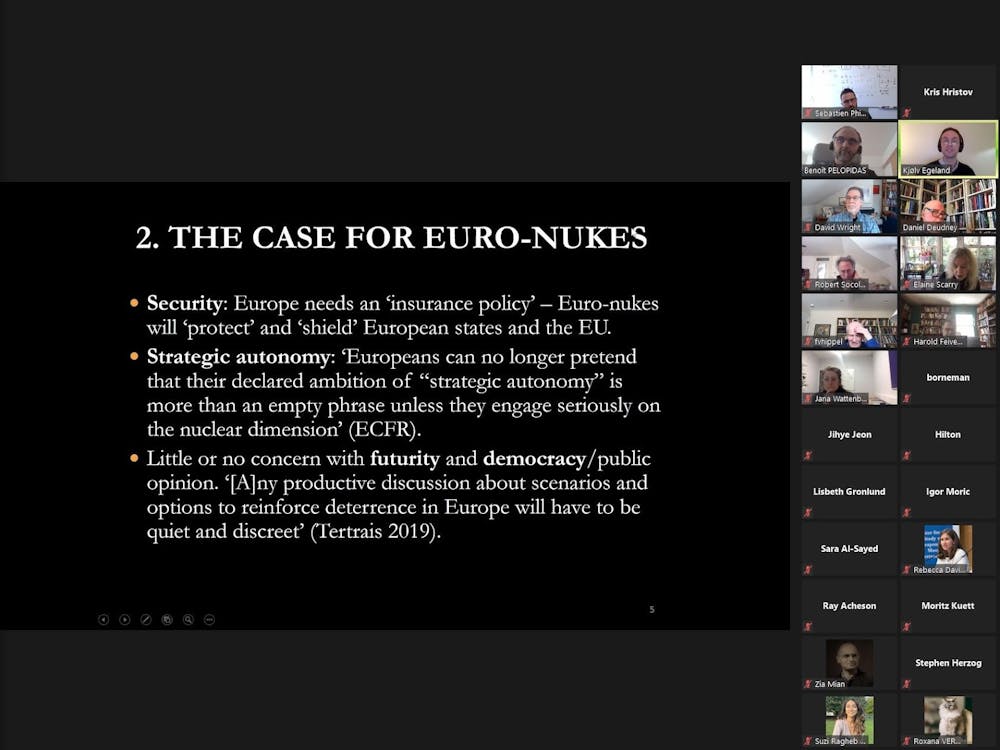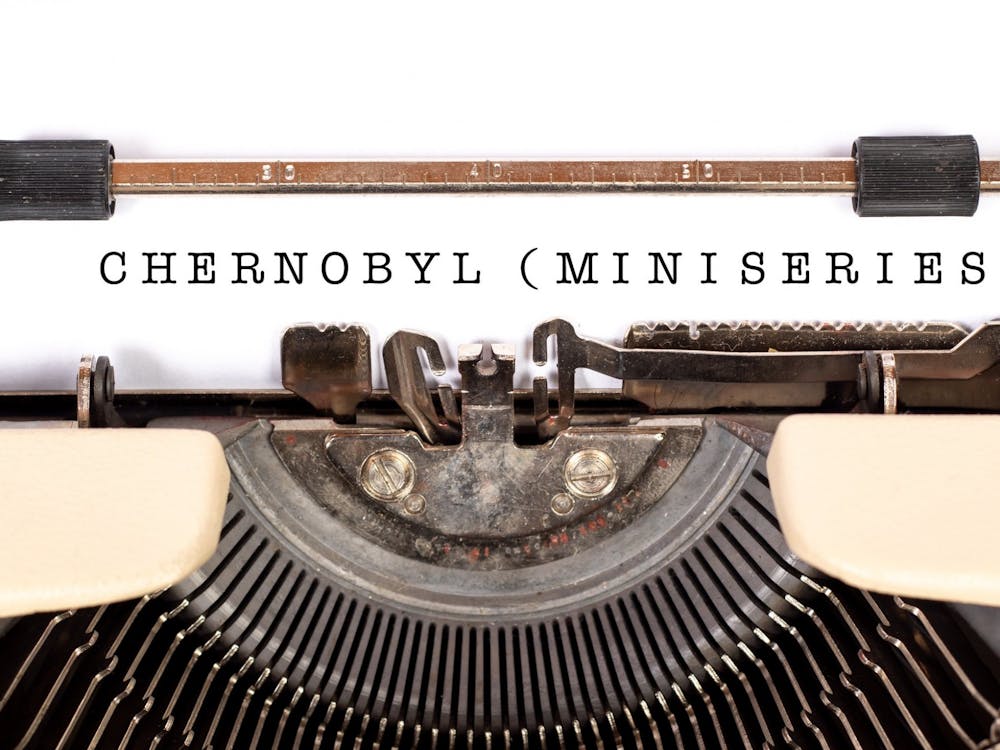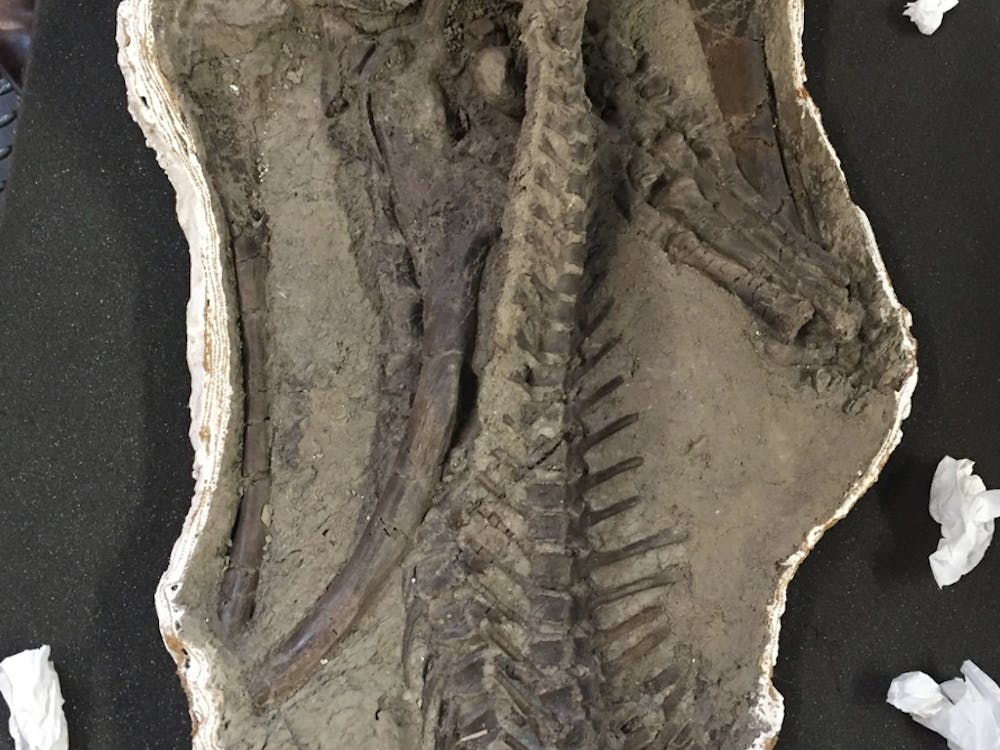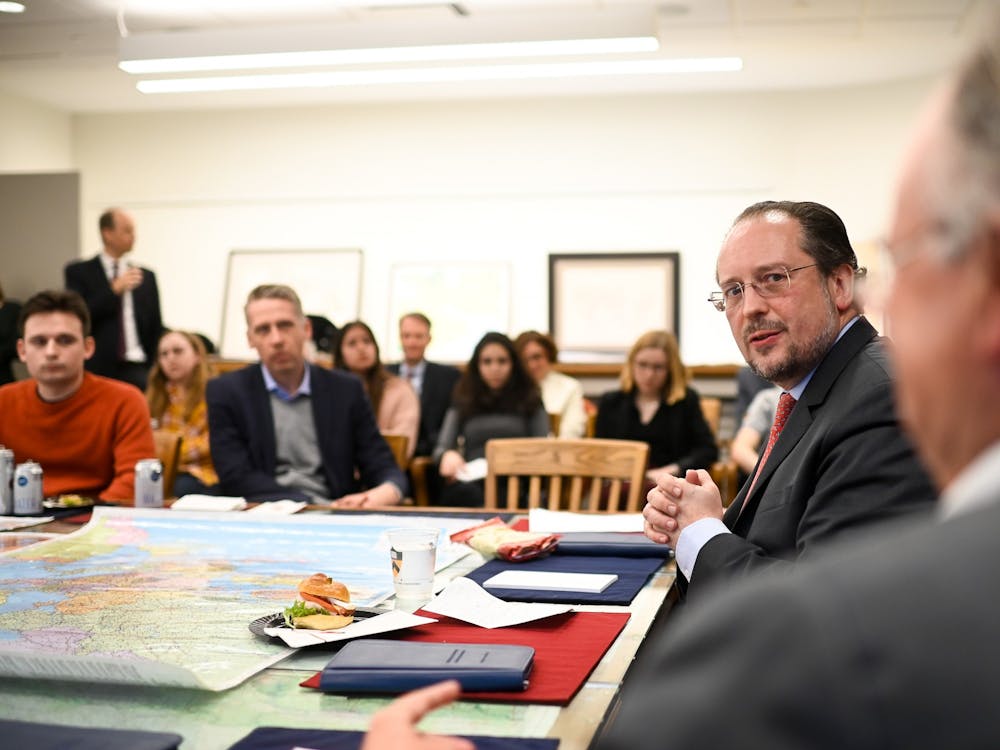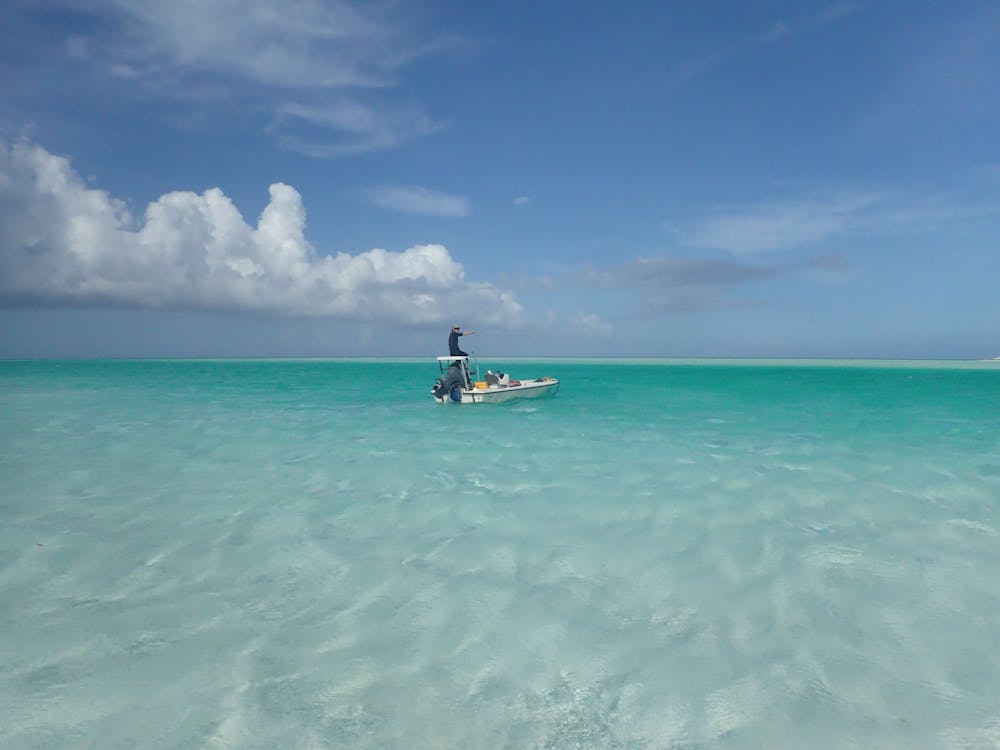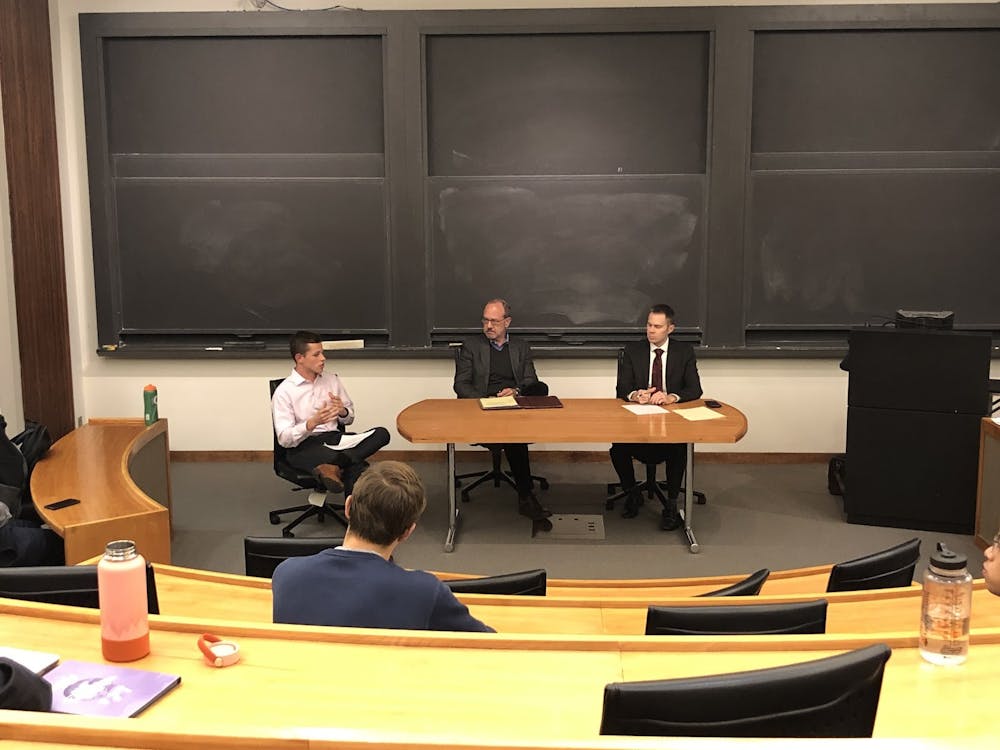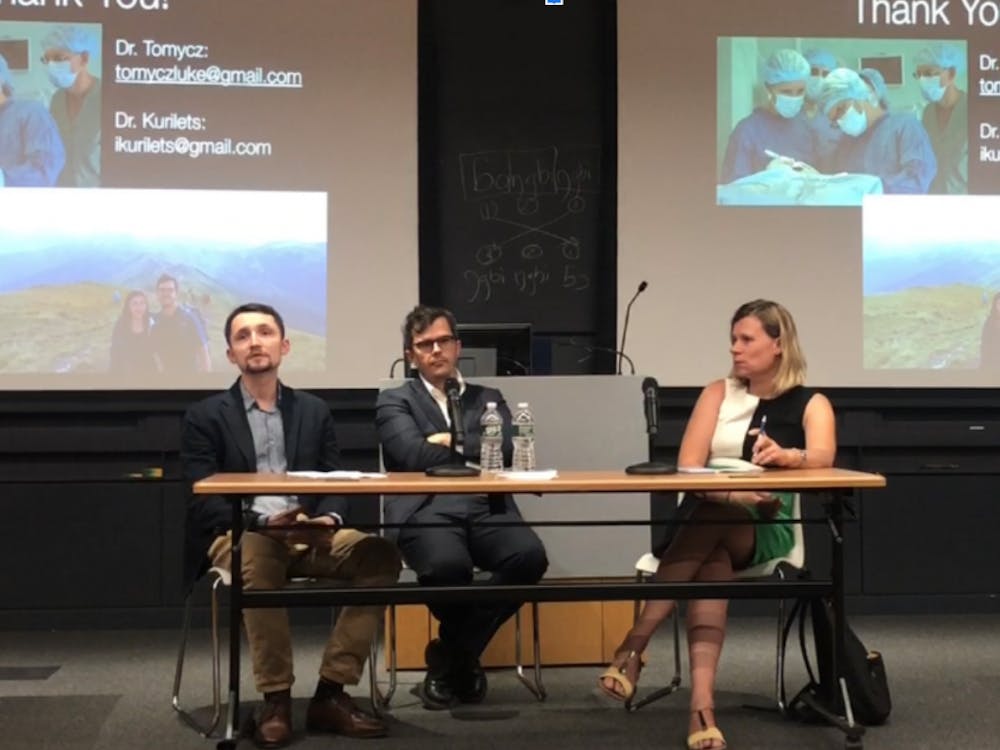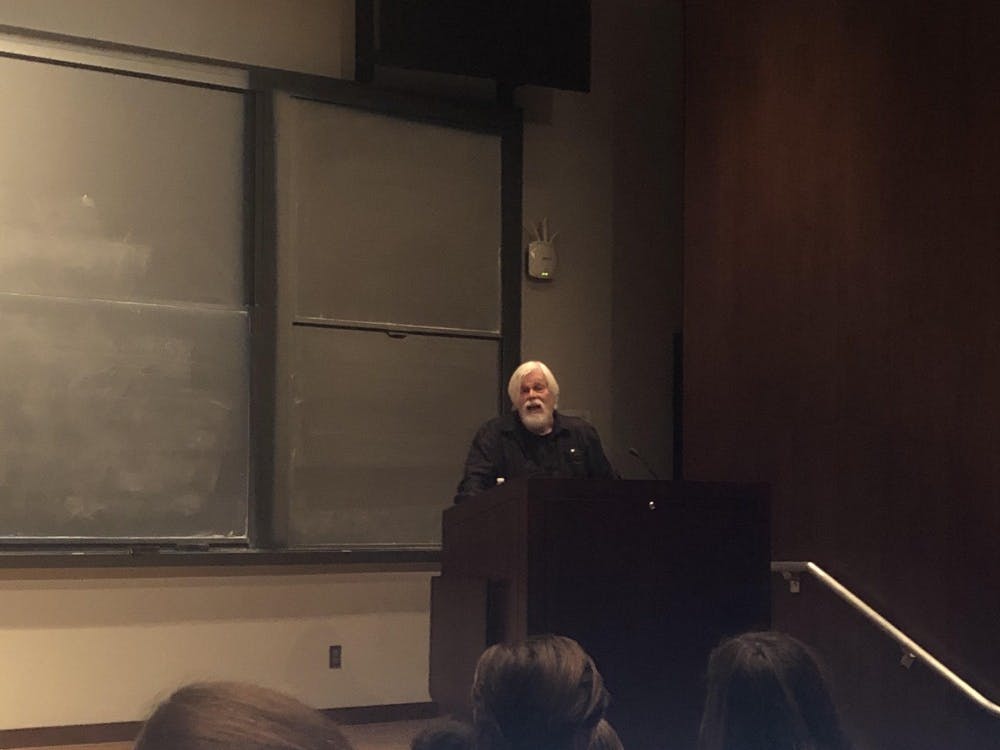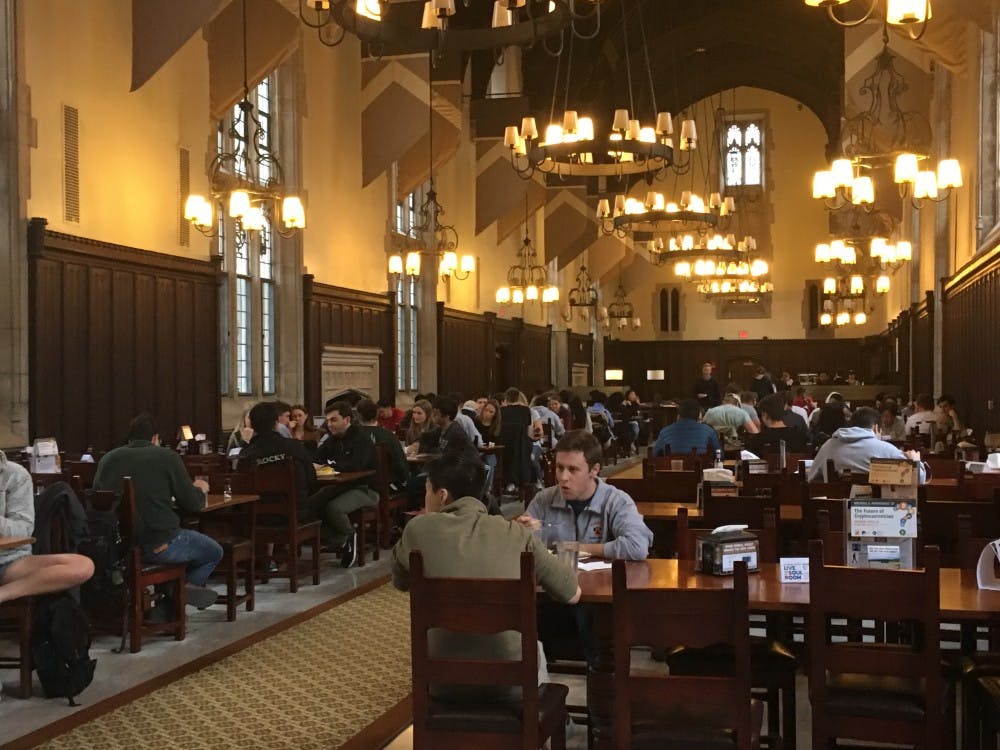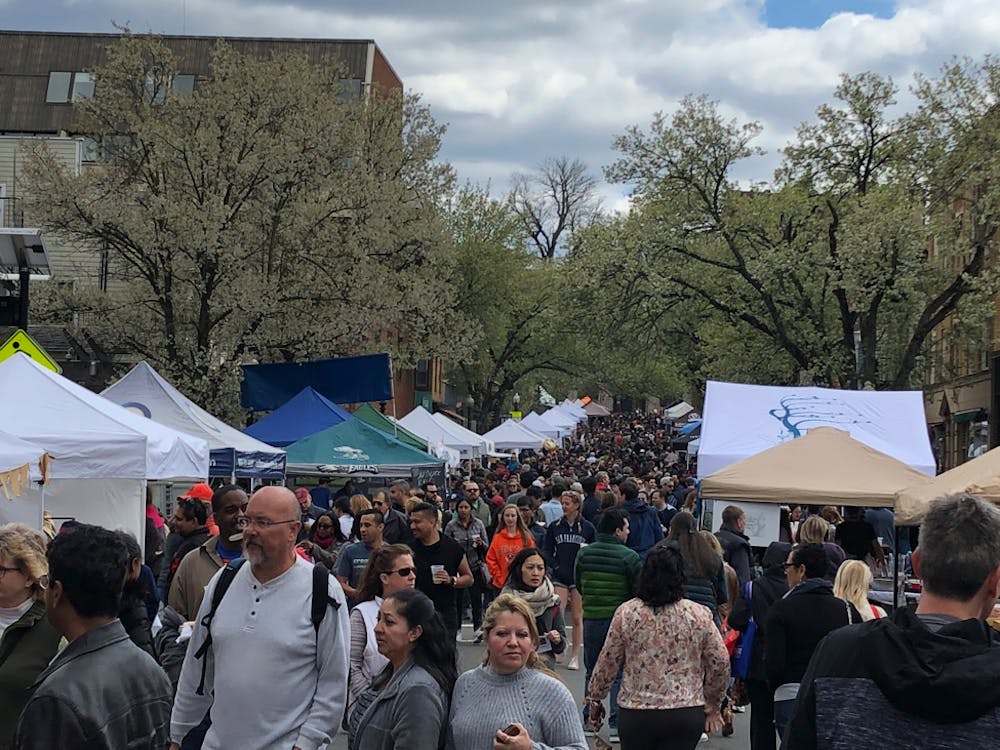Kjølv Egeland, Benoît Pelopidas discuss case against Euro-nuke
Egeland and Pelopidas termed the Euro-nuke as a “zombie idea,” unlikely to ever be adopted, but resurrected every few years in the media.
Egeland and Pelopidas termed the Euro-nuke as a “zombie idea,” unlikely to ever be adopted but resurrected every few years in the media.





